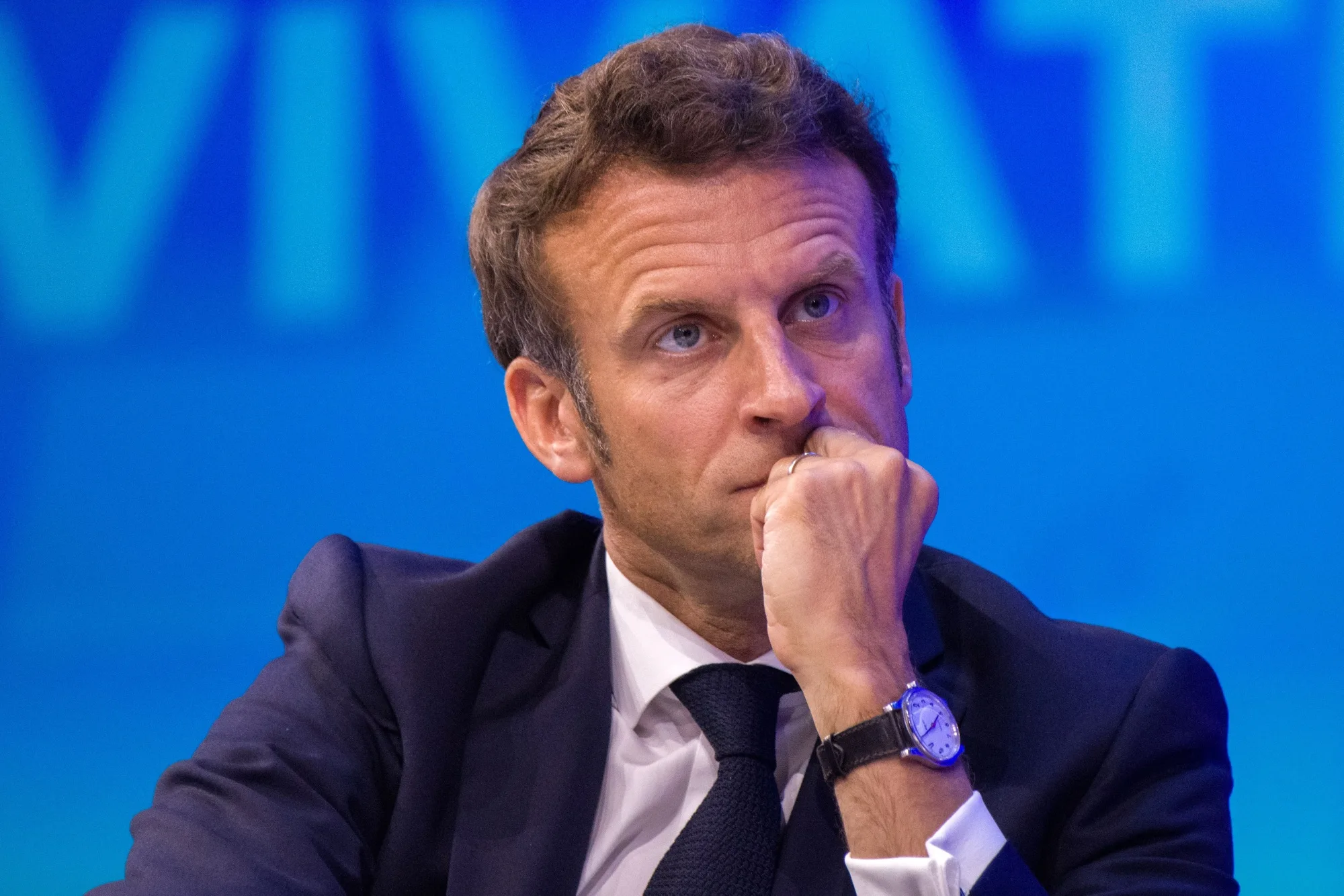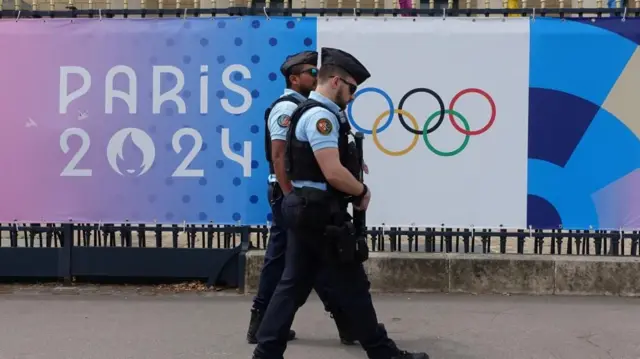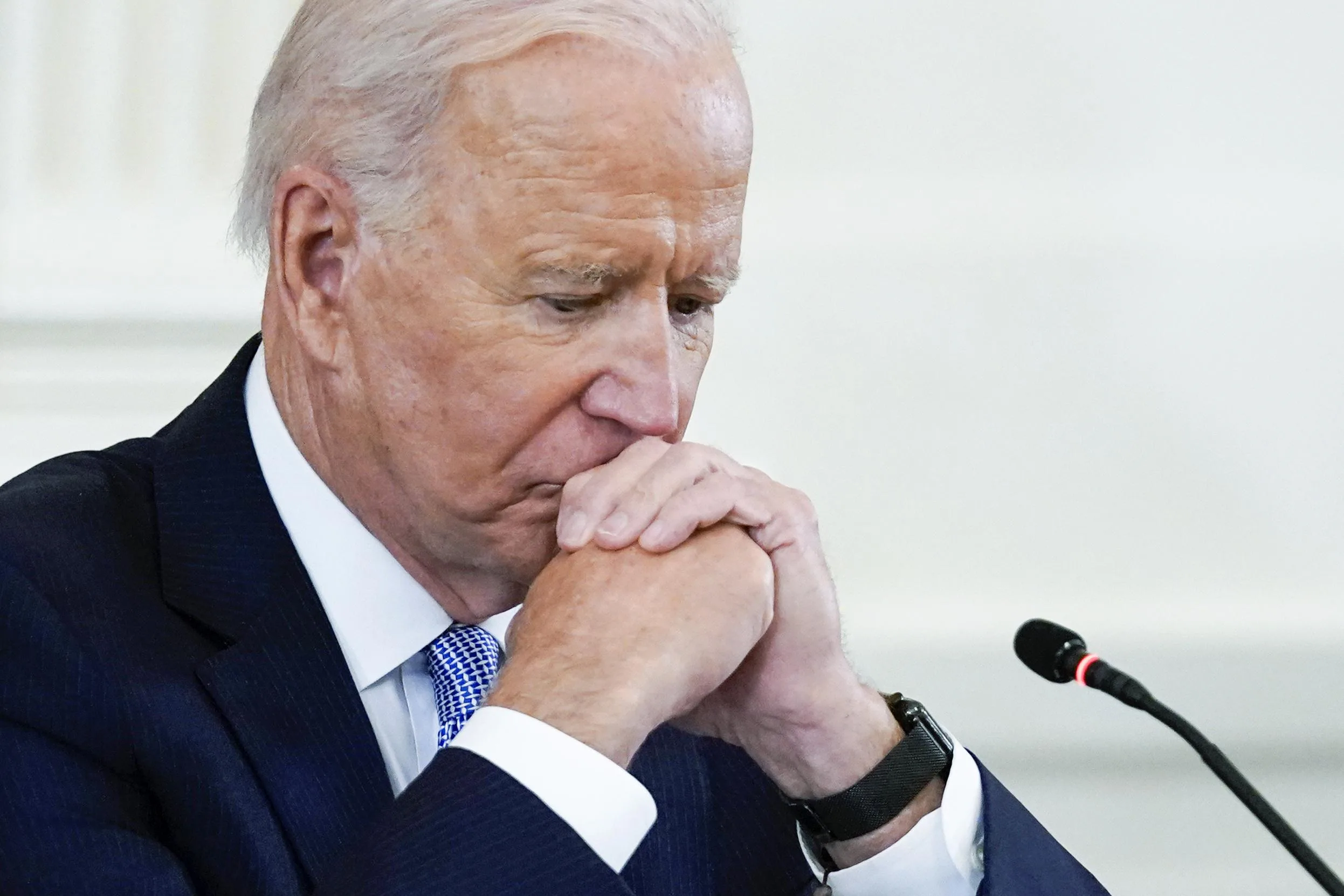Introduction
In a dramatic turn of events, the French PM has made a final, impassioned plea to the electorate, urging them to reject the far-right candidate in the forthcoming election. This urgent appeal reflects the gravity of the situation, as polls indicate a tight race, with the far-right gaining unprecedented momentum. The PM’s warning is clear: a victory for the far-right could have severe repercussions for France’s economy, social fabric, and international standing. This article delves into the details of this high-stakes election, examining the key issues, potential consequences, and broader implications for France and beyond.
French PM’s Impassioned Appeal
The Prime Minister’s plea is not merely a political maneuver it is a reflection of deep-seated concerns within the French establishment. With a tone of urgency, the PM has highlighted the perilous path that a far-right victory could pave. By addressing the nation directly, the PM seeks to galvanize voters around a vision of France that stands in stark contrast to the divisive rhetoric of the far-right. This appeal underscores the existential nature of the election, portraying it as a pivotal moment in the country’s history.
The Stakes of the Upcoming Election
The upcoming election is more than a contest for political power; it is a battleground for the future direction of France. The Prime Minister has outlined three critical areas where a far-right victory could be particularly damaging:
Economic Repercussions
The far-right’s economic policies, often characterized by protectionism and isolationism, pose a significant threat to France’s interconnected economy. The PM has warned that these policies could lead to a decline in foreign investment, increased trade barriers, and economic instability, potentially reversing years of economic progress.
Social Fabric at Risk
France’s social cohesion is also at stake. The far-right’s stance on immigration and national identity threatens to exacerbate existing social tensions. The Prime Minister has emphasized the risk of deepening divisions and the erosion of France’s multicultural society, warning that this could lead to increased social unrest and a breakdown in community relations.
International Standing
On the global stage, a far-right victory could diminish France’s influence and credibility. The PM has cautioned that such an outcome would likely strain relationships with key allies, undermine France’s role in the European Union, and weaken its position in international diplomacy. This could have far-reaching implications for global stability and cooperation.
Polls Reflect a Tight Race
Recent polls depict a closely contested race, with the far-right candidate gaining significant traction. This surge reflects a broader trend of rising populism, fueled by widespread public discontent. Key factors driving this momentum include:
Momentum of the Far-Right
The far-right’s campaign has successfully tapped into voter frustrations, presenting itself as an alternative to the perceived failures of traditional political parties. This momentum has been bolstered by a strategic focus on hot-button issues such as immigration and national security.
Public Sentiment and Concerns
Many voters feel that their concerns have been ignored by the political mainstream. Issues such as economic inequality, job insecurity, and cultural change have created a fertile ground for far-right narratives. The PM’s plea attempts to address these concerns by offering a vision of stability and inclusivity.
Key Issues Driving the Far-Right’s Rise
Several key issues have contributed to the far-right’s ascendance in the polls:
Immigration
Immigration remains a contentious issue in French politics. The far-right’s hardline stance on immigration resonates with voters who feel that their national identity is under threat. The PM has countered this narrative by advocating for a balanced approach that upholds France’s humanitarian values.
National Identity
The concept of national identity is central to the far-right’s appeal. By emphasizing a return to traditional values, the far-right has attracted voters who are anxious about cultural changes. The Prime Minister has argued that embracing diversity is essential for a vibrant and dynamic society.
Economic Anxieties
Economic uncertainty has amplified support for the far-right. Many voters are concerned about job security and economic opportunities. The PM’s plea highlights the potential economic risks of a far-right government, stressing the need for policies that promote growth and innovation.
Deep Divisions Within French Society
The election has brought to the fore the deep divisions within French society. These divisions are not merely political but also cultural and geographical:
Urban vs. Rural Divide
The divide between urban and rural areas is pronounced. Urban voters tend to support more progressive policies, while rural voters are more inclined towards conservative and nationalist sentiments. This geographic split has significant implications for the election outcome.
Generational Differences
Generational divides also play a crucial role. Younger voters are generally more progressive and open to diversity, whereas older voters may lean towards traditional and nationalist views. The PM’s appeal aims to bridge these generational gaps by promoting a vision of unity.
Political Polarization
The rise of the far-right has intensified political polarization. The PM has highlighted the dangers of such polarization, warning that it undermines democratic principles and social harmony. The plea is a call for moderation and dialogue in a deeply divided political landscape.
Potential Consequences of a Far-Right Victory
A victory for the far-right would have profound implications for France and beyond:
Impact on France’s Economy
The economic policies proposed by the far-right could disrupt France’s economic stability. Protectionist measures may lead to trade wars, reduced foreign investment, and economic isolation. The PM’s plea underscores the importance of maintaining open and competitive economic policies.
Social Cohesion
The far-right’s divisive rhetoric could further fracture French society. Policies targeting minority communities and immigrants could lead to increased discrimination and social unrest. The Prime Minister has emphasized the need for policies that promote inclusion and social cohesion.
Global Reputation
France’s global reputation as a leader in democracy and human rights could be jeopardized. A far-right government may adopt policies that conflict with international norms and values. This could result in strained diplomatic relations and reduced influence on the world stage.
Analysts’ Predictions and Insights
Political analysts have provided various insights into the potential outcomes and broader implications of the election:
Broader European Trends
The rise of the far-right in France is part of a larger trend across Europe. Similar movements have gained traction in other countries, reflecting widespread dissatisfaction with the status quo. This election could serve as a bellwether for the future of European politics.
Impact on the European Union
A far-right victory in France would have significant ramifications for the European Union. France’s role as a key member state means that its policies can influence the direction of the EU. The PM has warned that a far-right government could undermine EU unity and cooperation.
Global Political Implications
The outcome of the French election will resonate beyond Europe. It could inspire similar movements in other parts of the world, affecting global political dynamics. The PM’s plea underscores the need for a united and cooperative international community.
Prime Minister’s Urgent Message
The Prime Minister’s appeal is a clarion call for the preservation of France’s democratic values and international standing:
Preserving France’s Vision
The PM’s message is centered on preserving a vision of France that is open, tolerant, and progressive. This vision stands in stark contrast to the far-right’s exclusionary and divisive rhetoric. The appeal is a call to action for all voters who share this inclusive vision.
Appealing to National Unity
National unity is a recurring theme in the PM’s plea. By emphasizing the importance of coming together as a nation, the PM seeks to counteract the divisive narratives of the far-right. This appeal to unity is crucial in a time of deep political and social polarization.
Counteracting Populist Narratives
The Prime Minister has made a concerted effort to counteract the populist narratives that have fueled the far-right’s rise. By addressing the underlying concerns of voters, the PM aims to reclaim the political narrative and offer a positive and forward-looking vision for France.
Broader Political Context
To fully understand the significance of the upcoming election, it is essential to consider the broader political context:
Rise of Populism in Europe
The rise of populism is not unique to France; it is a phenomenon seen across Europe. Economic hardship, cultural anxiety, and political disillusionment have contributed to the growth of populist movements. This election is part of a larger struggle for the future of European democracy.
Comparisons to Other Countries
Comparisons can be drawn between France and other countries experiencing similar political shifts. Understanding these parallels can provide insights into the potential trajectory of French politics. The PM’s plea highlights the importance of learning from these international examples.
Historical Context
The current political climate in France has historical precedents. Previous periods of political upheaval can offer valuable lessons for navigating the present challenges. The Prime Minister’s appeal is informed by an awareness of this historical context and the need to avoid repeating past mistakes.
Future of French Politics
The outcome of the election will have long-term implications for French politics:
Long-Term Implications
A far-right victory could lead to significant changes in the political landscape. It may prompt a realignment of political alliances and a reevaluation of policy priorities. The PM’s plea is a call to safeguard the principles of democracy and pluralism.
Role of Traditional Parties
Traditional political parties face a critical juncture. They must adapt to the changing political environment and address the concerns of voters. The PM’s appeal is a challenge to these parties to reaffirm their commitment to democratic values and effective governance.
Possibilities for Political Realignment
The election could catalyze a broader political realignment. New alliances and coalitions may emerge, reshaping the future of French politics. The PM’s message emphasizes the importance of building a broad-based coalition to counteract the rise of the far-right.
Conclusion
The upcoming election is a defining moment for France. The Prime Minister’s desperate plea underscores the high stakes and the profound implications of a far-right victory. As voters head to the polls, they must consider the future direction of their country and the values they wish to uphold. The choice before them is not just about political leadership but about the kind of society they want France to be.
Frequently Asked Questions (FAQs)
Why is the French Prime Minister making a desperate plea to halt the far-right surge?
The Prime Minister is deeply concerned about the potential repercussions of a far-right victory, including economic instability, social division, and diminished international standing. The plea aims to galvanize voters to reject the far-right and support a vision of France that is open, tolerant, and progressive.
What are the key issues driving the far-right’s rise in France?
Key issues include immigration, national identity, and economic anxieties. The far-right has successfully tapped into voter frustrations related to these concerns, presenting itself as an alternative to traditional political parties.
How could a far-right victory impact France’s economy?
A far-right victory could lead to protectionist economic policies, reducing foreign investment and increasing trade barriers. This could result in economic instability and a reversal of economic progress.
What are the potential social consequences of a far-right victory?
The far-right’s divisive rhetoric and policies could exacerbate social tensions and lead to increased discrimination and unrest. This threatens the social cohesion and multicultural fabric of French society.
How might the election outcome affect France’s relationship with the European Union?
A far-right government in France could undermine EU unity and cooperation, particularly regarding issues like immigration and economic policy. France’s role as a key member state means its policies have significant implications for the direction of the EU.
What are the broader global implications of the French election?
The outcome of the French election could influence global political dynamics, inspiring similar movements in other countries. It could also affect France’s global reputation and its role in international diplomacy.



